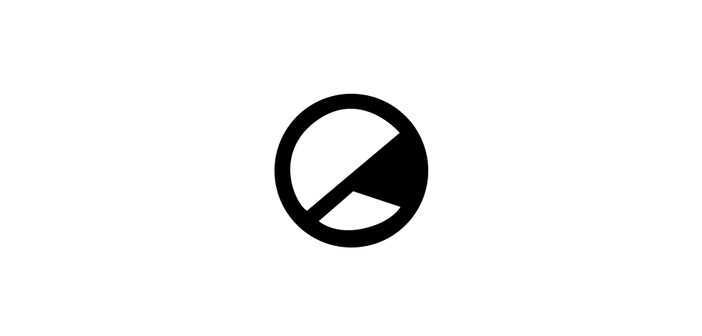Fight Club resonates just as much now as it did in 1999, and that's no mean feat.
-
10
Fight Club is a complex film, with many critics interpreting it differently since its release in 1999. Some see it as a misogynist film, others as potentially feminist. It’s been read as an in-depth look at contemporary masculinity, a critique on late capitalism and conspicuous consumption, and a controversially frank commentary on mental health – sometimes all at once. Directed by David Fincher, the film sees an insomniac office worker, the unnamed Narrator played by Ed Norton, who has a chance meeting with the free-spirited Tyler Durden (Brad Pitt). Durden turns the Narrator’s world completely upside down, encouraging their founding of the titular club where men beat each other to a bloody pulp. This fight club acts as a form of release for the men who frequent it, most similar to Norton in feeling emasculated by (post)modern society (Joker, anyone?). The plot escalates at a frenetic pace, rarely stopping to take a breath, with a wicked sense of humour that often strays into very dark places.
Much of Fight Club‘s thrill comes from the unpredictable plot, but this is underscored by a powerful and distinct visual style: from the panning around the Narrator’s flat, showing all his glossy-yet-hollow IKEA furniture (Swedish names and all), to the essentially grimy house the pair later move into, the film is eager to saturate its satirical cynicism into every frame – creating an dark, generally unsettling feeling until the final moments.
Both Norton and Pitt put in career-defining performances as, initially, polar opposites of one another. The Narrator is a passive corporate lackey, Tyler a charismatic and unstable soap seller. It sticks exceptionally close to the source material, Chuck Palahniuk’s novel of the same name, and arguably even improves upon it. Trimming some of the book’s more superfluous elements, Jim Uhls’ screenplay bravely alters the ending to give a greater sense of finality. Perhaps it’s a little too fantastical, not quite gelling with the rest of the film, but this hardly puts a dent on the overall experience.
Misinterpreted prior to release, Fight Club was advertised as a simple actioner more in keeping with Die Hard than Fincher’s earlier film Seven. The film didn’t perform particularly well at the box office and polarised audiences and critics alike, before gaining a strong cult following in the years since: eventual success very much deserved for Fincher and co., their work tackling big themes and ideas in an effective and provocative way that is yet to be matched on the big screen. Widely regarded as one of the auteur’s very best, Fight Club is still very much relevant, sharp and funny twenty years on.
Fight Club (1999), directed by David Fincher, was distributed in the UK by 20th Century Fox, certificate 18. Watch the trailer below:




